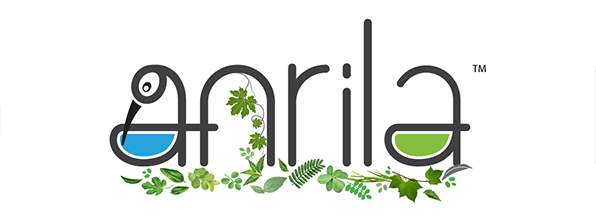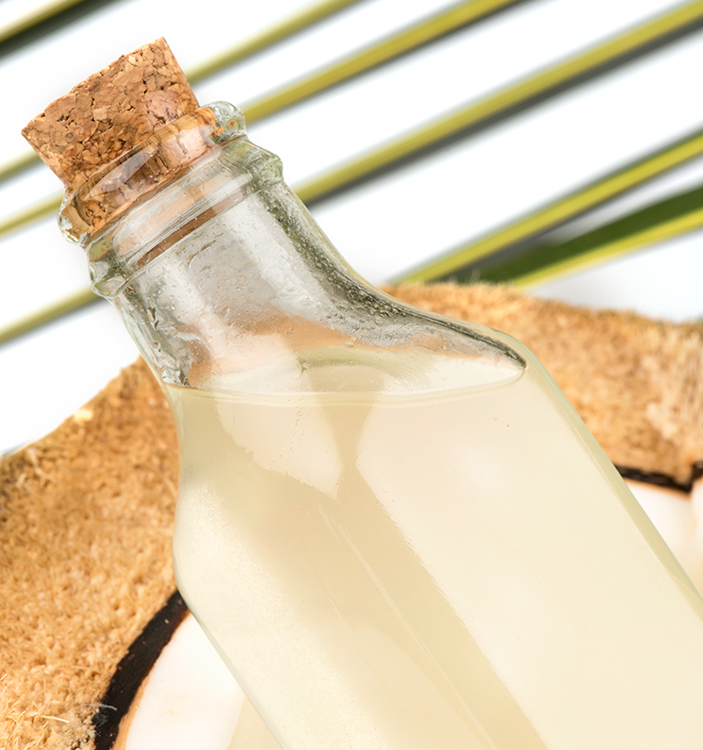Several edible vegetable and animal oils, and also fats, are used for various purposes in cooking and food preparation. In particular, many foods are fried in oil much hotter than boiling water. Oils are also used for flavoring and for modifying the texture of foods (e.g. Stir Fry). Cooking oils are derived either from animal fat, as butter, lard and other types, or plant oils from the olive, maize, sunflower and many other species.

Hot Vs Cold Pressed Oils
Hot pressed oils undergo oxidation which can cause complications like cancer and inflammation. Moreover, a lot of healthy compounds are lost from the oils while hot pressing, whereas in cold pressing, all beneficial compounds are retained.
What is Cold Pressed Oils?
Cold Pressed Oils make use of a similar principle but can be applied to a variety of different mechanisms of extraction. The pestle is wooden, but the entire machine is of steel or iron. The idea is to slowly press the seeds in the extractor to crush the seeds without generating any heat, which is why they get the name cold-pressed oils. The oils extracted from this method may have some impurities and might not have high nutritional benefits.
What is Wood Pressed Oils?
Wood pressed oils are extracted using a wood pestle that presses the seeds and crushes them for extracting the oil. The key thing to understand about the process of wood pressing is that it makes use of a wooden pestle and wooden collector to press and collect the oil. All this is done at a low temperature to keep the temperature of the entire process below 40 degrees. The wood pestle absorbs any increase in temperature and does not generate heat through friction.

Cold Vs Wood Pressed Oils
Despite the similarities between the two methods of oil extraction, there is a difference between wood pressed and cold pressed oil. Cold-pressed oils are a border spectrum that covers all different kinds of mechanisms that are used to extract a quality yield at lower temperatures. Wood pressed oils only cover the extraction of oil through wooden pestles (Ghani, Kolhu or Chekku). However, it is noteworthy that wood-pressed oil uses the cold-pressing method for oil extraction, which makes them a type of cold-pressed oil.This means that all wood pressed oils can be called cold-pressed oils, but not vice versa. If this was to be explained using a Venn diagram, the smaller circle of wood pressed oils will be entirely enclosed within the larger circle of cold-pressed oils.The key thing to note here is that while the yield received from both these methods is low, cold-pressed and wood pressed oils are a better alternative for your health. This is especially true when compared to modern refined oils that make use of immense heat and additives for oil extraction. This means that oils extracted through traditional methods retain their properties and nutrition, while refined oils do not and can actually harm you in the long run.
Which is better (Cold vs Wood Pressed Oils)?
Wood Pressed oils are better because the oil does not react with the wood, is extracted at a comparatively lower temperature than cold-pressed oils, and has a more enhanced taste. Furthermore, Wood pressed oils are the healthier option because they do not contain any additives, preservatives, and trans fat, all of which can collectively do more harm than good to your health






Thank you so much for all this wonderful info, I have found it extremely helpful. It is so appreciated.